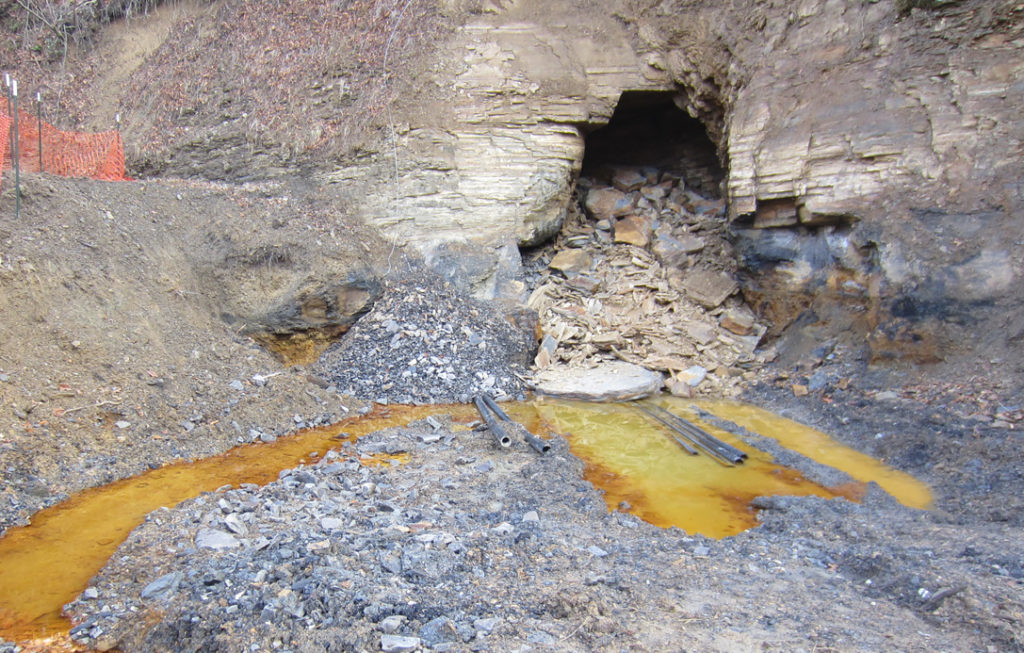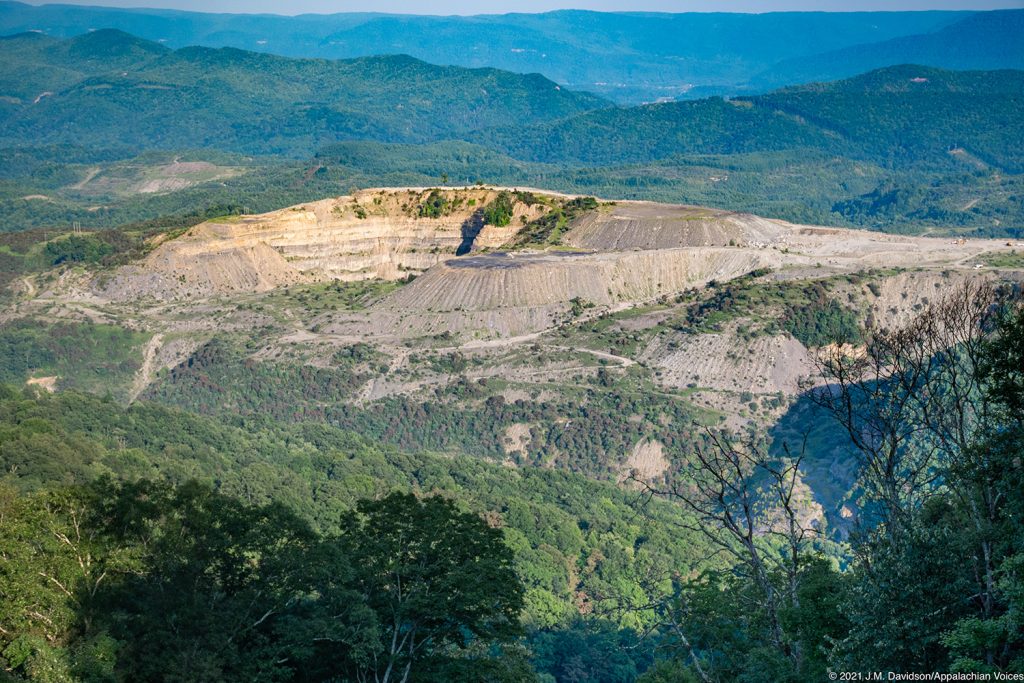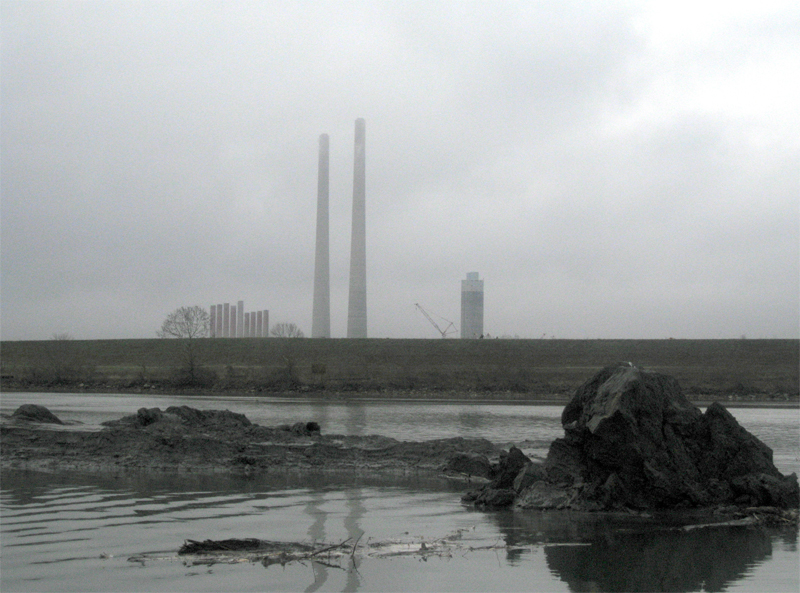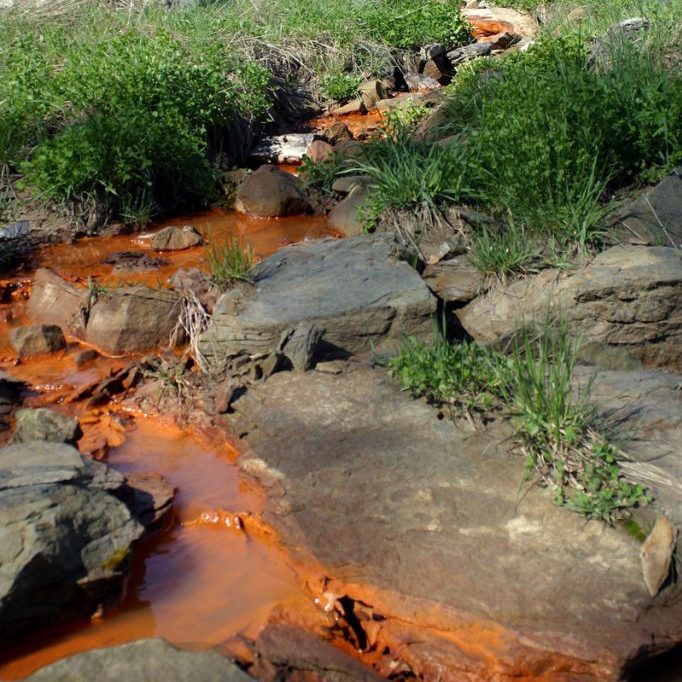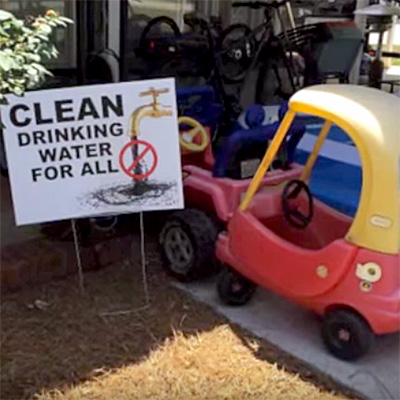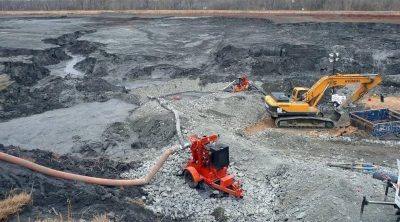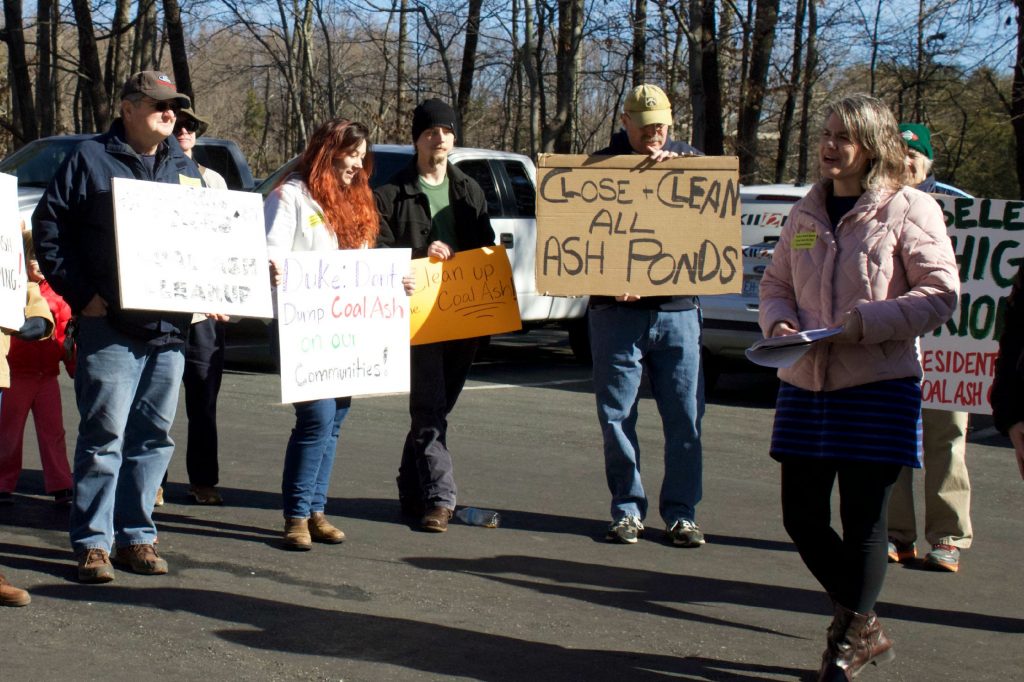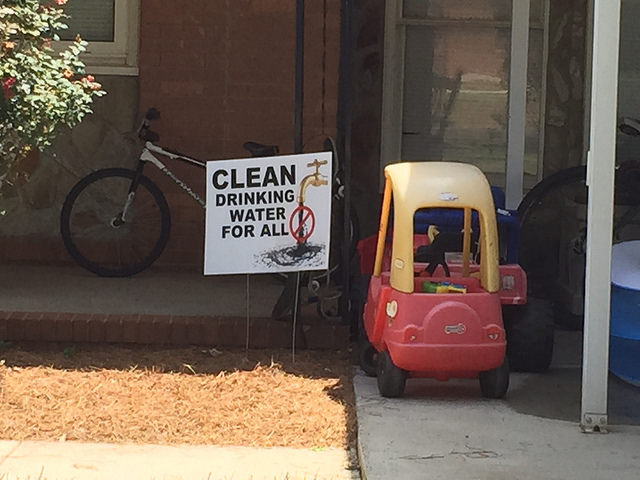Holding the Coal Industry Accountable

An abandoned and decaying structure at the Sugar Cove Mine in Virginia. Photo courtesy of DMME
Centuries of coal mining in Appalachia have left a wake of destruction behind. Thousands of former mine sites still pose health and safety risks, and the extensive environmental damage includes polluted waterways, compromised groundwater, and the loss of 1.5 million acres of forest in one the most biologically diverse temperate ecosystems on the planet.
Residents in this region have dealt with increased illness and shortened life expectancy. Black lung disease is again on the rise, and both current and former miners are fighting to protect their vital healthcare benefits. Communities that depended on the coal industry’s boom years now face daunting financial challenges.
Meanwhile, the bosses and bankers who got rich off of Appalachia realize that the market for coal is continuing to decline. Many are trying to jump ship, taking their wealth with them and leaving the problems for local communities and taxpayers to deal with.

As Appalachian Voices continues to fight new mountaintop removal coal mining permits and monitor existing mines, we are also committed to ensuring that the communities that have long borne the brunt of mining are not left behind. We are determined to hold the coal profiteers responsible for cleaning up the land and water they defiled and fulfilling their obligations to miners and their families.
Communities near mines and power plants are among those that often face elevated air pollution. We’re working with 16 community groups and two universities to track air quality in communities throughout Kentucky, Pennsylvania, Tennessee, Virginia and West Virginia with about 80 monitoring devices. These are deployed at in communities near fossil fuel infrastructure and other industries.
Similarly, the communities living near coal-fired power plants have suffered the burden of air and water pollution created by burning coal for electricity. Our years-long campaign alongside North Carolina communities impacted by Duke Energy’s dangerous storage of coal ash resulted in statewide cleanup orders, and we are committed to making sure the massive utility follows these rules.
We’re also working with communities in East Tennessee, site of the first major coal ash disaster in the country, to ensure that coal ash is stored in ways that protect residents, workers and waterways. And we’re engaged in legal challenges against Trump-era rollbacks on federal regulations for coal ash handling.
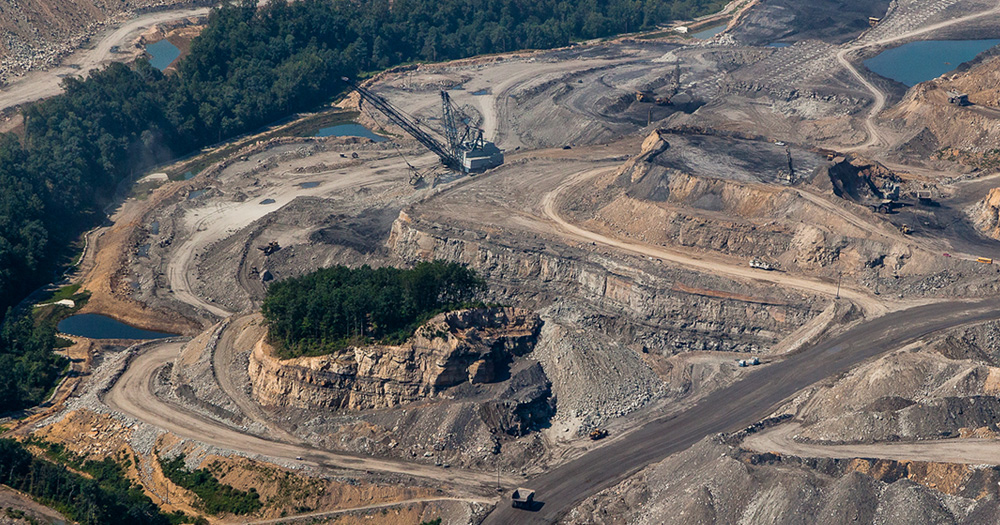
Ending Mountaintop Removal
Since the 1970s, the coal industry has blown up more than 500 of the oldest, most biologically rich mountains in America and destroyed more than 2,000 miles of headwater streams. Despite an ongoing citizen movement to end the destruction, and despite the decline in coal, it’s still happening.
Protect coal miners: Oppose cuts to NIOSH and MSHA
Black lung disease continues to ravage coal mining communities, despite regulations that are supposed to make their job safer. Unfortunately, the federal agencies that provide essential health services to miners are facing cuts.

Latest News
Communities Coming Together To Clean Up Coal Ash
Appalachian Voices is proud to support the Alliance for Carolinians Together (A.C.T.) Against Coal Ash, a new grassroots organization representing North Carolinians impacted by coal ash.
Two steps forward, one step back on coal ash in N.C.
North Carolina communities impacted by coal ash celebrated two positive strides forward recently, only to be disappointed by another fast move on the part of the N.C. Department of Environmental Quality and Duke Energy that keeps too many citizens in limbo in terms of resolving polluted drinking water.
NCDENR needs to step up
Since the Dan River coal ash catastrophe of February 2014, there’s been more foot-dragging than problem-solving by Duke Energy and DENR to solve the state’s coal ash crisis. But citizens like Amy Brown are keeping the pressure on, and Appalachian Voices is right there with them.
DENR is a “BOOR”
The N.C. Department of Environment and Natural Resources is acting like–to use its own term–a “bureaucratic object of resistance.” The agency’s creative interpretation of its mission statement is just one reflection of the McCrory administration’s broader hostility to the notion that public servants have a responsibility to protect the natural resources and therefore the public health and welfare of the Tar Heel state.
Coal Ash: It’s not just toxic, it’s radioactive!
This week, a study conducted by Duke University was published in “Environmental Science and Technology” which concluded that coal ash is more radioactive than its parent coal or soil, and that the radioactivity may exceed safe levels for human exposure.
VIDEO: “Contaminated, But Smart!”- Duke Energy’s New Coal Ash Assessment
On Monday evening, Duke Energy released the executive statement from its study assessing groundwater contamination at two of its largest coal ash sites in North Carolina. Unsurprisingly, Duke Energy’s findings suggest it is not responsible for the contamination found in the drinking water wells of over 200 households within 1,000 feet of the company’s coal ash dumps.

